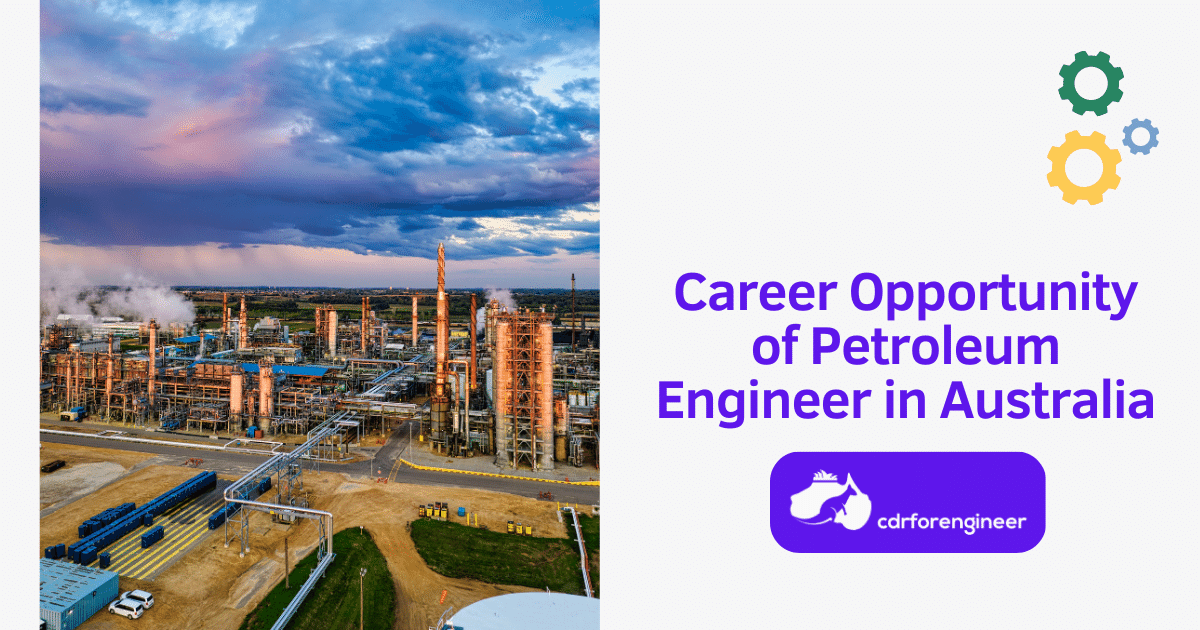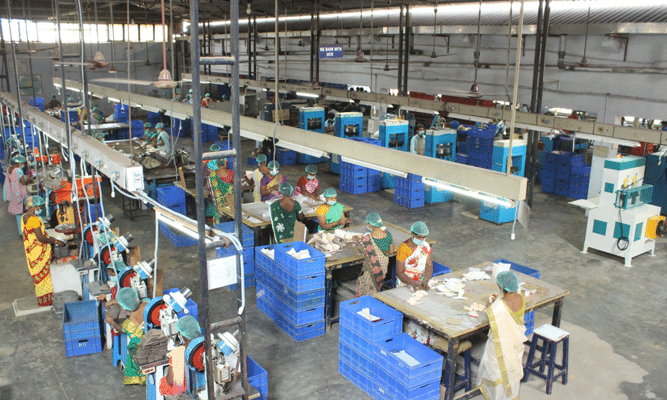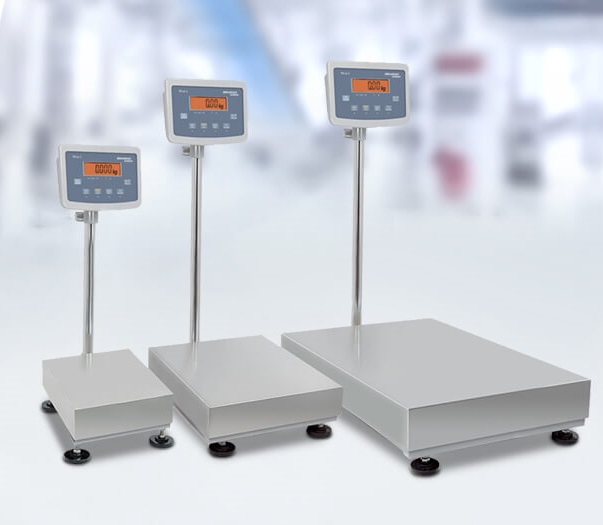Introduction:
Petroleum engineers play a crucial role in the energy sector by developing and designing methods for extracting oil and gas from the earth’s surface. As the world’s energy needs continue to grow, the demand for petroleum engineers has also been on the rise. Australia, with its vast reserves of oil and gas, offers numerous career opportunities for petroleum engineers.
This article explores the career opportunities available for petroleum engineers in Australia, the qualifications required, and the expected salaries.
Table of Contents-
- Petroleum Engineering in Australia – Overview
- Educational Qualifications Required for Petroleum Engineers in Australia
- Career Opportunities for Petroleum Engineers in Australia
- Skills Required for a Career in Petroleum Engineering
- Salaries of Petroleum Engineers in Australia
- Frequently Asked Questions (FAQs)
- Conclusion
Petroleum Engineering in Australia – Overview:
Australia has significant oil and gas reserves, which are located in various parts of the country, including the Cooper Basin, the Carnarvon Basin, and the Browse Basin. The oil and gas industry is one of the largest contributors to the Australian economy, and petroleum engineers play a vital role in the industry’s success.
Educational Qualifications Required for Petroleum Engineers in Australia:
To become a petroleum engineer in Australia, a bachelor’s degree in petroleum engineering or a related field such as chemical or mechanical engineering is required. Some universities in Australia offer petroleum engineering courses, while others offer general engineering courses that cover petroleum engineering topics.
Career Opportunities for Petroleum Engineers in Australia:
There are numerous career opportunities available for petroleum engineers in Australia. Some of the common job titles in this field include:
- Drilling Engineer – responsible for planning and supervising drilling operations
- Production Engineer – responsible for ensuring the efficient operation of oil and gas wells
- Reservoir Engineer – responsible for analyzing data to determine the best methods for extracting oil and gas
- Completion Engineer – responsible for designing and supervising the installation of equipment in oil and gas wells
Skills Required for a Career in Petroleum Engineering:
To succeed in a career in petroleum engineering, one needs to have a mix of technical and soft skills. Some of the essential skills required in this field include:
- Strong analytical and problem-solving skills
- Excellent communication and teamwork skills
- Knowledge of engineering principles and techniques
- Familiarity with industry-specific software and tools
- Ability to work under pressure and meet tight deadlines
ANZSCO 233612 -PETROLEUM ENGINEER is responsible for planning and controlling the engineering aspects in obtaining petroleum or natural gas from the earth. It is possible that registration or licensing will be required.
CDR Sample for Petroleum Engineer
CDR Report Sample for Petroleum Engineer covers all required reports, including All Three Career Episodes Report, Continuing Professional Development (CPD) Report, CDR Summary Statement Report, and a Curriculum Vitae- CV Report.
Salaries of Petroleum Engineers in Australia:
The salaries of petroleum engineers in Australia vary depending on their level of experience and the company they work for. According to the Australian government’s Job Outlook website, the average salary for a petroleum engineer in Australia is AUD 123,400 per year.
Frequently Asked Questions (FAQs):
Q. What is the job outlook for petroleum engineers in Australia? A. The job outlook for petroleum engineers in Australia is positive, with an expected increase in demand for these professionals in the coming years.
Q. Is it necessary to have a bachelor’s degree in petroleum engineering to work as a petroleum engineer in Australia? A. While a bachelor’s degree in petroleum engineering is preferred, some companies may also accept candidates with degrees in related fields such as mechanical or chemical engineering.
Q. What are the common skills required to succeed in a career in petroleum engineering? A. Strong analytical and problem-solving skills, excellent communication and teamwork skills, knowledge of engineering principles and techniques, familiarity with industry-specific software and tools, and the ability to work under pressure and meet tight deadlines are some of the essential skills required in this field.
Conclusion:
Engineering in Australia are vast and promising. With a strong emphasis on the energy sector and abundant reserves of oil and gas, there is a high demand for petroleum engineers in the country. The education qualifications required, such as a bachelor’s degree in petroleum engineering or a related field, ensure that the professionals are well-equipped to handle the complex and technical aspects of the job.
Furthermore, the various career opportunities available in the field, such as drilling engineer, production engineer, reservoir engineer, and completion engineer, provide professionals with the flexibility to choose a career path that aligns with their interests and skillsets. The salary packages offered to petroleum engineers in Australia are also attractive and competitive, making it a lucrative career choice.
In conclusion, for individuals interested in pursuing a career in the energy sector, petroleum engineering in Australia presents a vast array of opportunities. With the right qualifications, skills, and experience, professionals can look forward to a rewarding and fulfilling career in this field.



